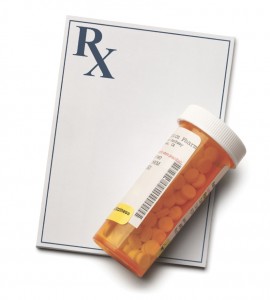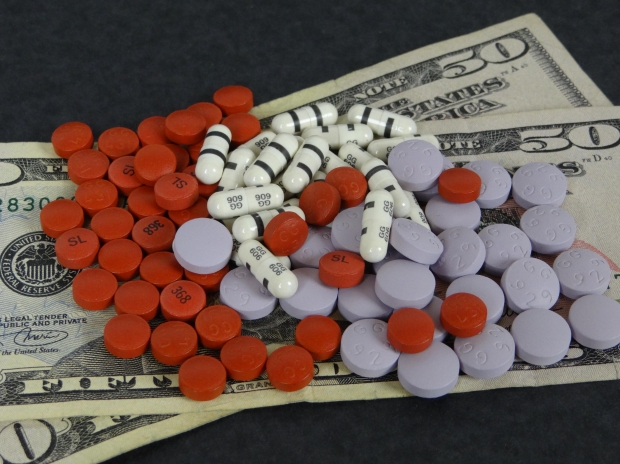Last Updated on February 13, 2013
We often hear about drugs being prescribed “off-label.” Many patients have questions about what this means. Is it safe? Is it legal? How can we know that off-label use will help us get better?
Off-label use is the practice of prescribing pharmaceuticals for an unapproved indication, age group, dose or form of administration. We will explain more about this shortly.
But first, let’s look at how drugs are approved for use in our country.
In the U.S., the Food and Drug Administration Center for Drug Evaluation and Research review’s a company’s New Drug Application for data from clinical trials to see if the results support the drug for a specific use or indication.
 If the drug is found to be safe and effective, it can be marketed for the specific condition for which it was approved by the FDA. Until recently, however, it was against FDA regulations for pharmaceutical companies or their representatives to market a drug for any conditions for which the FDA hadn’t approved. A recent federal appeals court decision now allows physicians and other healthcare providers to prescribe the medication for uses other than the specific FDA-approved indication.
If the drug is found to be safe and effective, it can be marketed for the specific condition for which it was approved by the FDA. Until recently, however, it was against FDA regulations for pharmaceutical companies or their representatives to market a drug for any conditions for which the FDA hadn’t approved. A recent federal appeals court decision now allows physicians and other healthcare providers to prescribe the medication for uses other than the specific FDA-approved indication.
That difference is important because it begs the question: Is there science behind off-label use? That is, why would a provider prescribe a medication for a different use? Often, there is anecdotal evidence that a medication turns out to be useful for a different condition. Over time, physicians, and providers, through their own experiences, and those of their colleagues, may feel an off label use would be beneficial to their patients in certain circumstances.
Some examples of off-label use include:
- The use of tricyclic antidepressants to treat neuropathic pain;
- The use of bupropion, brand name Wellbutrin, as a smoking cessation drug.
The recent court ruling may change this landscape and allow off label promotion under the Freedom of Speech provision. Will we now see drugs marketed for their off-label use? What about Patient Assistance Programs – will patients be able to apply for an off-label diagnosis? We will keep you posted!



2 Comments
I took a drug that was off-label and it messed up my kidney function worse than what it already is. I have kidney disease and the drug that my doctor gave me stopped my urine output completely. No matter how much liquid I drank, there was no output. In this case, I do not feel that off-label marketing was such a good idea. While I know that any drug will have side effects, those side effects are for a drug being prescribed for a certain illness.
We are sorry to hear this. Do make sure your doctor knows about any reaction you have to any medication. You can also ask whether the prescribed drug is specifically for a certain condition. Take good care.